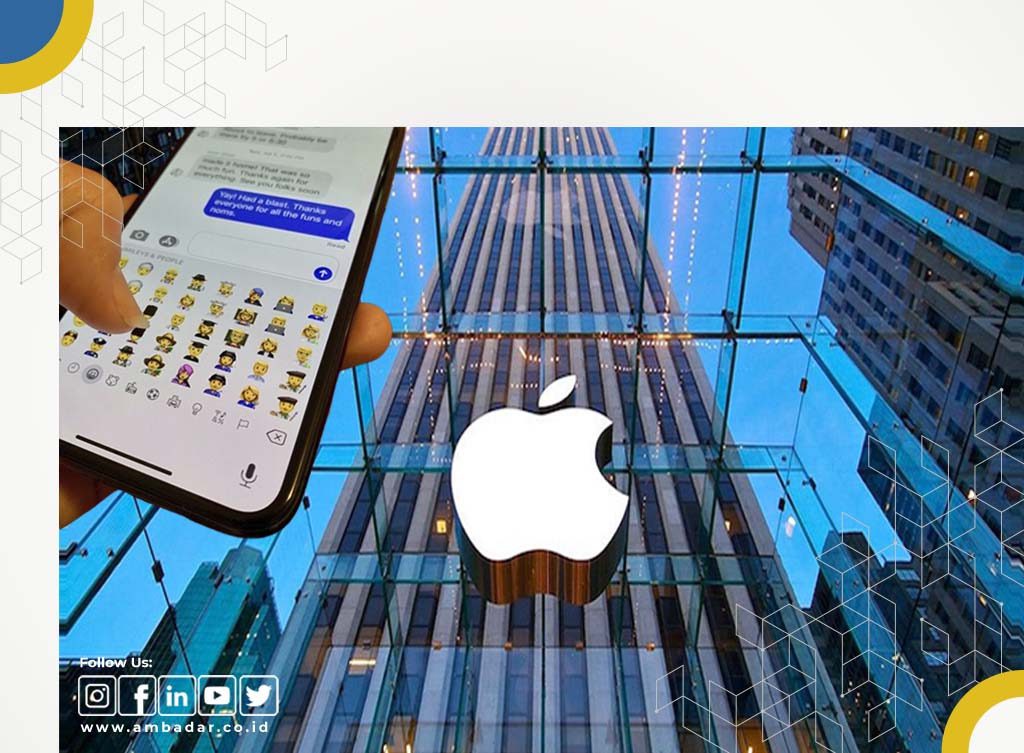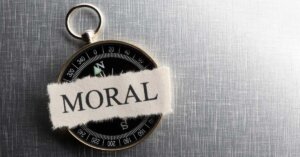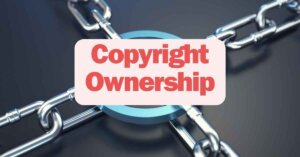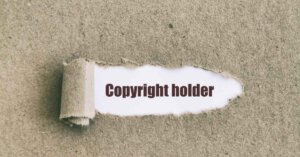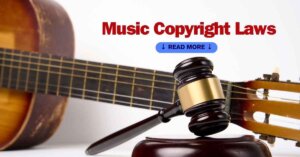Emoji, a form of electronic communication with the appearance of an image, pictogram or logogram. Every individual who uses an electronic device to communicate with others must already be familiar with emoji. The emoji feature is used in almost every form of online and offline chatting. The reason being, using emojis makes it a lot easier for people to express themselves without having to type too many words. Despite having the same concept, because the concept of emojis can be developed differently by every individual or company, emoji features don’t all look the same.
However, there comes a time when someone feels their Intellectual Property has been infringed upon by another individual because of emoji designs. You may think this is a simple, non-serious business, well do I have news for you. Apple, the tech-giant we all know and love, was served a lawsuit by another company for exactly that reason.
The lawsuit was launched on the basis of copyright infringement of multiracial emojis created by Cub Club. The lawsuit, which started in 2020, was won by Apple, even though Cub Club was in fact the first to create and publish the multiracial emojis.
Based on the lawsuit, the founder of Cub Club, Katrina Parrott, was the very first creator of multiracial emojis which she released within the iDiversicons App. By ‘multiracial emojis’ we mean the users are given the option to choose between five different skin tones. The App was released in 2013.
Parrott first met with Apple representatives at a Unicode Conference where she gave a presentation, introducing her App and the idea of multiracial emojis. Aside from Apple, several other big companies attended the conference as well, such as Microsoft and Google. Quoted from The Washington Post, Parrott said that the idea was well received and that representatives from companies such as Microsoft and Google praised the idea after the presentation.
According to Cub Club’s statement, Parrott had the chance to discuss potential partnership with Apple in 2014. The discussion gave way for Apple’s representatives to see Parrott’s technology. However, the discussion ended when Apple declined to work with Parrott. Apple then released their own version of multiracial emojis in 2015, coinciding with the release of iOS 8.3.
Cub Club who felt their intellectual property rights were infringed by Apple, decided to sue the tech-giant. Based on statements released by Cub Club, we have established that the company found intellectual property infringements in the forms of copyright and trademark infringements of the five skin tones feature from iDiversicons.
How Did Apple Win This Lawsuit?
Vince Chhabria, United States District Court Judge for the County of California, seems to think Cub Club’s reason for suing Apple wasn’t enough to pull the tech-giant company into a copyright infringement case. The reason for that is because there is no strong evidence of copyright or trademark infringement in this case.
Chhabria even gave Cub Club the chance to alter their lawsuit. Nevertheless, it appears Cub Club’s chances of winning a lawsuit in regard to copyright infringement of their multiracial emojis are pretty small.
The reason is, the only thing that seems taken or imitated is Cub Club’s idea, or the concept of emoji with various skin tones. “There aren’t many ways that someone could implement this idea,” said Chhabria. “After all, there are only so many ways to draw a thumbs up.”
The statement made by the United States District Court Judge drew a very clear picture for why or how Apple won this lawsuit. The designs for Apple’s and Cub Club’s emojis did in fact come from the same concept, which was multiracial emoji or emoji with different appearances. However, there was not enough similarity in the emoji designs of the two companies to state that there was theft outside just theft of ideas. Some differences in the forms and color even support the argument that there is no copyright infringement.
According to the official website for The United States Copyright Office, which is the government body that handles as well as stores copyright registrations, ideas are not a result of thought that can be protected by copyright. Section 102 of The US Copyright Law regarding “Subject Matter of Copyright: In General” letter b states “ In no case does copyright protection for an original work of authorship extend to any idea, procedure, process, system, method of operation, concept, principle, or discovery, regardless of the form in which it is described, explained, illustrated, or embodied in such work.”
Therefore, theft of ideas cannot be categorized as copyright infringement. The implementation of an idea can receive protection, although it seems there isn’t enough similarity to support the copyright infringement claim in this case. The essence of Apple and Cub Club’s emojis is the same, in the sense that they are both emojis that present the option for users to choose from five different races. Still, multiracial emojis is an idea that can be expanded by each party. As seen in this case, the expansion of that idea can lead to emojis that are almost similar, but not completely.
If you, or your friends have questions or needs related to Intellectual Property, feel free to contact us through our e-mail, marketing@ambadar.co.id, we’ll be sure to get back to you.
Source(s):
- Copyright Law of The United States and Related Laws Contained in Title 17 of The United States Code
- Copyright.gov
- reuters
- The Washington Post

